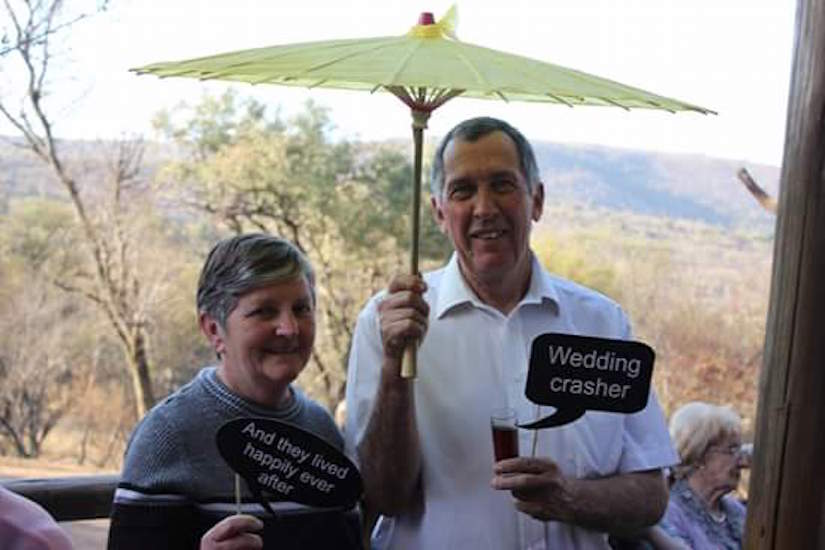I used to think I knew about Alzheimer’s disease. I thought it was a disease that strikes the elderly, a disease that may cause people to forget their names or their family members.
I saw “The Notebook.” I knew what Alzheimer’s was…
Until my mother started to display a number of worrying signs from around age 55. She started to forget basic instructions and denied knowing about certain functions at church or my dad’s work. That’s when I started to understand that what I thought was Alzheimer’s was just the tip of a large iceberg.
Denial was the first part of our reality. And it lasted close to five years. “It’s not Alzheimer’s!” we would say.
“It’s just normal aging and forgetfulness.”
“She’s much better today.”
“She still knows all our names.”
“She knows she forgets things; with Alzheimer’s ‘they’ don’t have a clue.”
Five years of bluffing, denial and trying to appear as normal as possible to the outside world. Few people had any clue about the daily struggles and worries. About trying to convince the world our mom was fine.
Until we couldn’t deny the reality of Alzheimer’s disease any longer…
When a lady who prides herself on her cooking can’t throw two ingredients together, or when a lady who could socialize with any person suddenly can’t string together two words with a friend — then you know things are not as fine as you want them to appear.
She received the dreaded diagnosis: early onset Alzheimer’s disease. Most likely familial. Another reality hit me then — I could carry the dreaded gene as well. Someday that could be my sisters or me.
Every day has its challenges. Days when Mom can’t remember her own children’s or husband’s names, or can’t dress herself at all.
And then she has other days where she seems like her “old” self, which is yet another reality of Alzheimer’s disease for us. You find yourself inadvertently comparing your loved one to the one you used to know. The “perfect” mom of old. “She’s still perfect,” you convince yourself, but in the darkest, most difficult moments, you cry out for the mom you used to know. The mom who could heal all ills and take away all woes.
Another reality is that she can become aggressive or afraid (or terrified). She can be fine one moment and paranoid the next. We haven’t had any major incidences of aggression or paranoia, but the signs are there. I believe it’s only a matter of time.
And even though you know you shouldn’t take things personally, even though you know she has no control over her reactions to you or her grandchildren, in your darkest moments you blame her. You blame her for hurting you, not physically, but emotionally (which I feel can be so much worse). You blame her for forgetting your name or for keeping you at a distance. It’s the disease’s fault. But at your worst, it seems so much easier to blame the person than an invisible disease. Blaming a sick person — that can be a reality of Alzheimer’s.
But beyond the forgetfulness, aggression and paranoia that starts to develop…
Beyond the odd behaviors and mood swings…
She is still just “Mom.”
She’s not a neurological condition. She’s not imperfect or broken. She is a mother and wife, a grandmother and rock. She is Mom, and we will always love her.
The Mighty is asking the following: What’s one thing people might not know about your experience with disability and/or disease, and what would you say to teach them? If you’d like to participate, please send a blog post to community@themighty.com. Please include a photo for the piece, a photo of yourself and 1-2 sentence bio. Check out our Share Your Story page for more about our submission guidelines.


